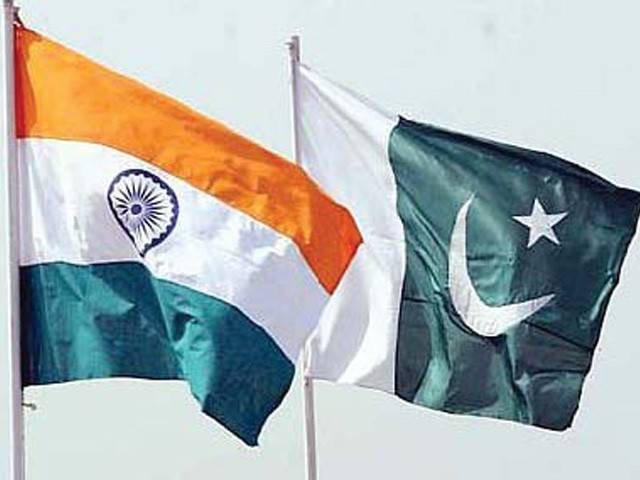ISLAMABAD - Senior Vice President of South Asian Chamber of Commerce and Industry has said that India should start process of composite dialogue with Pakistan at the earliest.
He and his delegation were briefing the Indian journalists in New Dehli. He said that India should play its role to resolve bilateral issues with Pakistan, which are creating hurdles in bilateral trade. The news conference was arranged by the Pakistani High Commission in India.
Iftikhar Ali Malik said that with the resumption of composite dialogue Pakistan will grant Most Favored Nation (MFN) status to India, which will increase trade volume between the two countries to 10 billion dollars in the next three years.
He said that India and Pakistan have a trade potential of 50 billion dollars. The Indo-Pak trade could jump to 10 times the current amount. The removal of tariff and non-tariff barriers could result in an expansion of trade between the two countries from its current 2.5 billion dollars to estimates ranging to 50 billion dollars.
Former president of the Federation of Chambers of Commerce and Industry, Zubair Tufail sais, “Being a part of the integrated approach towards better trade ties, such interaction plays the role of a catalyst. These efforts have to be continuous, rigorous and regular, he stressed.
Chairman of the Indo Pak Chamber of Commerce and industry SM Muneer was of the view that Indian government has made visa policy very strict for the Pakistani business community.
They are not issuing a multiple visa for five years and Pakistani businessmen are issued a visa for only three months which is the main impediment in the trade activities between two countries.
He demanded that India should facilitate Pakistan so that trade and commerce could be promoted in the region.
“Booming bilateral trade may well be the strongest pillar of Indo-Pak rapprochement so much so that it shall not only overtake the pace of general confidence-building but also have a substantial impact on each other’s mutual perceptions.”
Thursday, April 18, 2024
Pak-India trade can rise to $10b in three years

ITP cracks down on traffic violations
April 18, 2024
Illegal housing societies in Rawalpindi to face crackdown
April 18, 2024
SZABIST traffic volunteers visit Safe City Islamabad
April 18, 2024
Hepatitis Challenge
April 18, 2024
IMF Predictions
April 18, 2024
Wheat War
April 18, 2024
Rail Revival
April 17, 2024
Addressing Climate Change
April 17, 2024
Justice denied
April 18, 2024
AI dilemmas unveiled
April 18, 2024
Tax tangle
April 18, 2024
Workforce inequality
April 17, 2024
New partnerships
April 17, 2024
ePaper - Nawaiwaqt
Advertisement
Nawaiwaqt Group | Copyright © 2024





